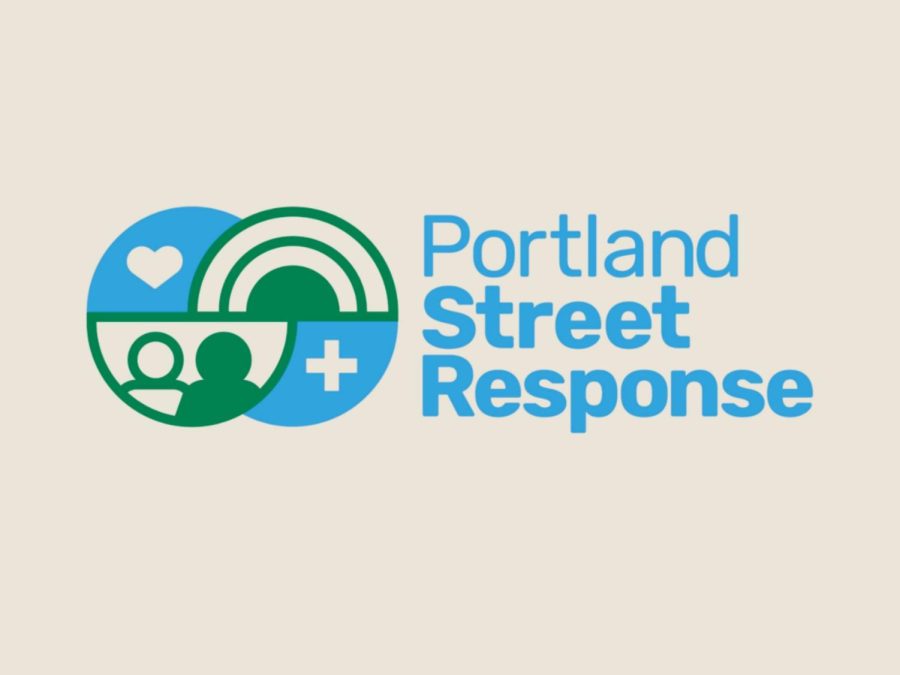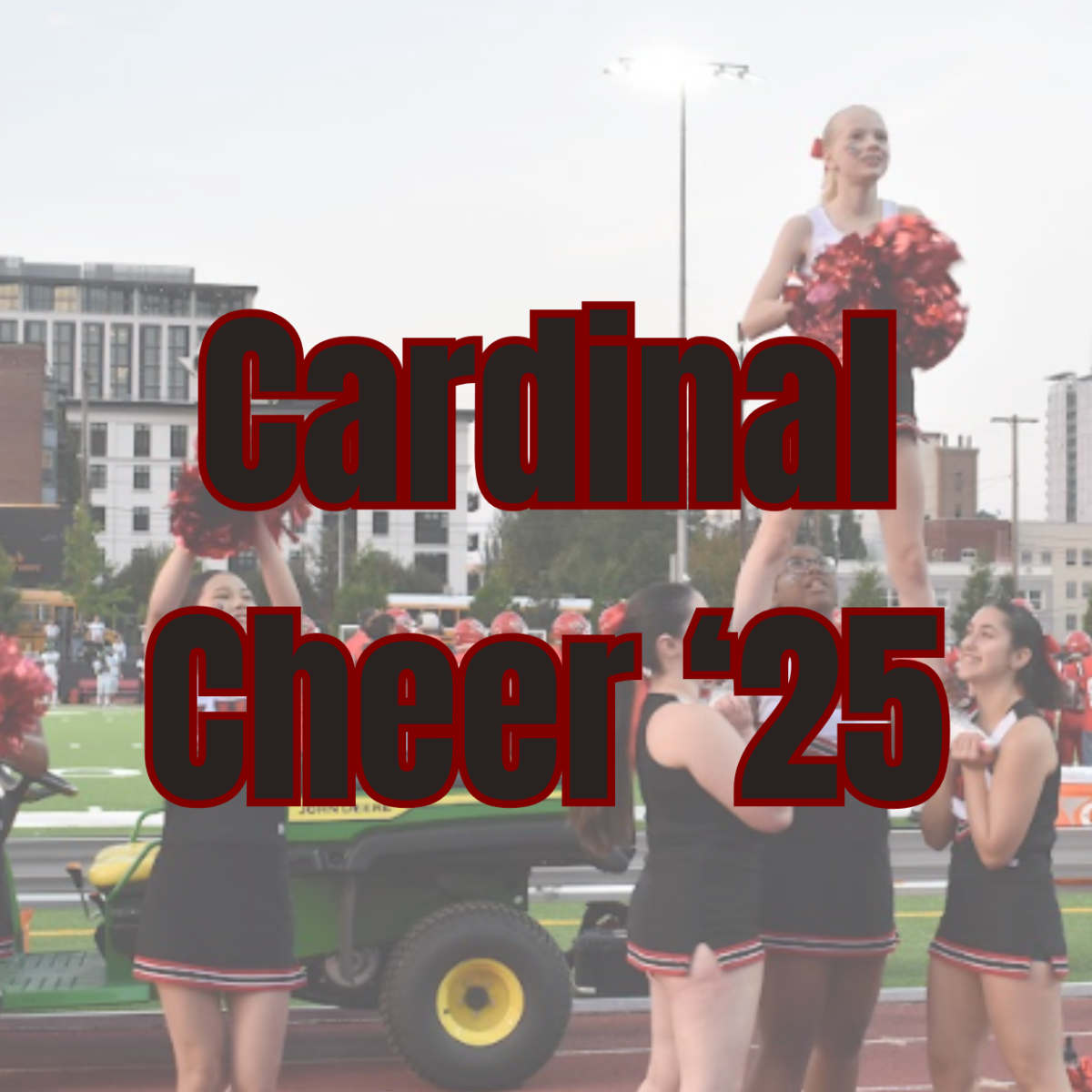Lincoln students talk about new citywide program Portland Street Response
Courtesy of Portland Street Response
Portland Street Response is a team that consists of two community health workers, a mental health crisis therapist and a firefighter paramedic. The team responds to non-emergency mental and behavioral health issues, and works seven days a week from 8 a.m.-10 p.m.
April 20, 2022
Lincoln High School, located in downtown Portland, is surrounded by houseless people and encampments. According to Principal Peyton Chapman, police are called on campus to deal with a person experiencing mental health issues 2-3 times a year. Now, Portland Street Response (PSR), a new program within Portland Fire & Rescue, is able to help manage these situations.
Sophomore Bella Lehmann thinks that PSR will be beneficial to the community and those struggling with mental health.
“Addressing mental health and substance use, instead of criminalizing them, is something that we should have been doing for a while now,” Lehmann said.
When a caller dials 911, they are now given the option for fire, ambulance, police, or PSR. According to OPB, the program started in the Lents neighborhood in Southeast Portland in 2021 and it expanded city-wide on March 28, 2022. The program dispatches a trained team of two community health workers, a mental health crisis therapist and a firefighter paramedic when answering a 911 call. They respond to non-life-threatening behavioral and mental-health situations that would usually be assigned to the Portland Police Bureau.
Sophomore Shreya Soman says she would be comfortable calling 911 and asking for PSR in a relevant situation because she believes acts of violence can be more damaging than helpful in mental health emergencies.
“Police are not trained to deal with a lot of situations and having a mental health professional available can help prevent violence,” Soman said. “As a student downtown, I can see first hand how great the need is for more trained professionals to assist with mental health. So many people are struggling, but calling for the police can be very intimidating.”
Portland.gov lists the specific requirements for PSR to be dispatched. The person receiving help must be experiencing a mental health crisis that is most likely affected by drugs or alcohol, in a public space or outside, and/or are unable to get access to services like a telephone. Along with these requirements the person must also not be showing a weapon, be in traffic or obstructing it, showing violence towards others, suicidal or inside private residences.
Sophomore Allison Corcoran thinks PSR is helpful because they are more accessible than the police.
“Police are generally seen as very forceful, and it seems to me like PSR is more accessible and more a part of the community,” said Corcoran.
Portlandstreetresponse.org says PSR is available from 8 a.m. to 10 p.m., seven days a week. OPB says the PSR team has requested $3.7 million in the next city budget in order to make services available 24 hours, seven days a week, and to grow their staff from 20 to 58 employees.
Lehmann recognizes the faults with the hours the current team is working.
“I believe that the main disadvantage right now is the hours that Portland Street Response has. Not all crises they [are meant to] address occur from 8 a.m. to 10 p.m.”
To report an emergency where PSR can be used, call 911 and request their services. For more information email [email protected].






